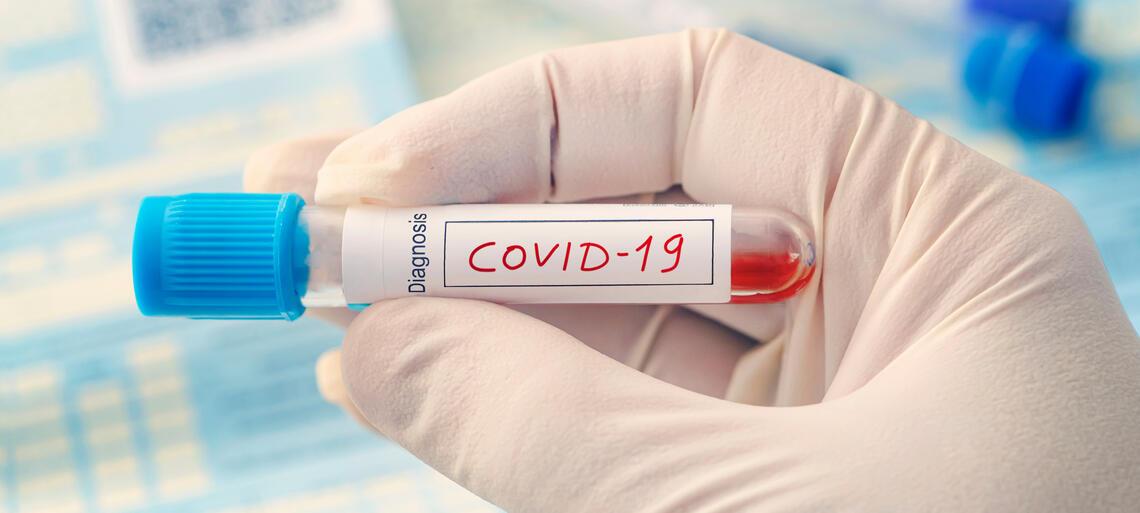Serology Testing for COVID-19
The serological test for COVID-19 detects antibodies in the blood against the SARS-CoV-2 virus. He turns out to be positive approximately 2 weeks after the onset of the first symptoms of the disease. Shortly after infection, the cells of the immune system begin to produce antibodies (IgG, IgM and IgA) which circulate in the blood in order to eliminate the virus from the body. Their detection with commercial serological tests is done only when their amount in the blood reaches a certain level.

In addition to epidemiological studies to determine the percentage of the population that has been infected with the virus, the serological test is performed in the following cases:
- In persons who have had symptoms of COVID-19 and have had a negative result on RT-PCR or have not had a PCR test at all
- In persons who have unusual symptoms and clinic (dizziness, cerebral hemorrhage, vasculitis, Kawasaki syndrome). These symptoms and diseases appear after the initial stage of COVID-19 has passed, when the RT-PCR test often comes out negative. Such diseases are not caused directly by the virus, but by antibodies produced against the virus, which attack the cells of the organism.
- In people with weak immunity (after transplants or during chemotherapy for cancer)
